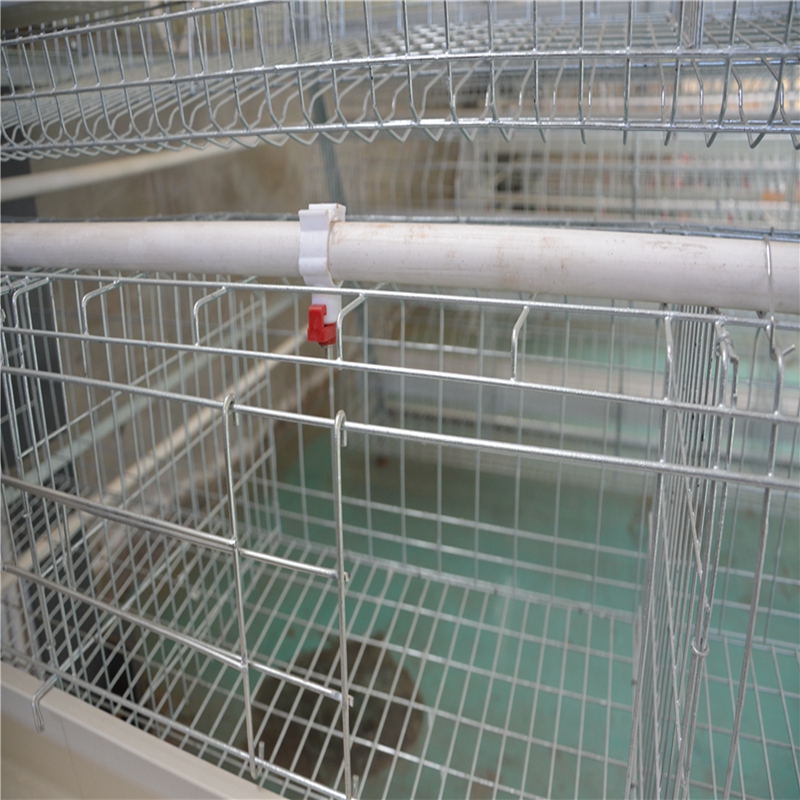Sustainable Practices in Cage-Free Poultry Production for Healthier Livestock and Environment
Dec . 25, 2024 09:41 Back to list
Sustainable Practices in Cage-Free Poultry Production for Healthier Livestock and Environment
The Rise of Cage-Free Poultry Farming A Change for the Better?
As consumer preferences shift and awareness of animal welfare issues expands, the poultry industry is witnessing a significant transformation. The debate over cage versus cage-free poultry farming remains at the forefront of discussions surrounding ethical food production. Cage-free systems, which allow chickens to roam freely, have gained traction due to their perceived benefits for animal welfare, environmental sustainability, and even human health.
Understanding Cage-Free Poultry Farming
Cage-free poultry farming refers to systems in which hens are not confined to small cages, as is typical in conventional factory farming. Instead, these hens live in open barns, allowing them more space to move around, spread their wings, and engage in natural behaviors such as dust bathing, perching, and nesting. The shift towards cage-free systems is largely driven by growing consumer demand for ethically sourced products. Research indicates that consumers are increasingly willing to pay more for eggs and poultry sourced from cage-free farms.
The Ethical Considerations
One of the primary motivators for the transition to cage-free poultry farming is animal welfare. Studies have shown that hens raised in cage-free systems experience less stress and are less prone to aggressive behaviors resulting from confinement. In contrast, battery cages often lead to physical and psychological stress among hens, impacting their overall well-being. By giving birds the opportunity to engage in natural behaviors, cage-free systems align better with modern ethical standards regarding animal treatment.
Furthermore, many countries and companies are implementing stricter regulations on animal husbandry practices. For instance, several U.S. states have passed laws mandating that hens must be raised in cage-free environments. Major food corporations are also taking action; companies like McDonald's and Starbucks have committed to using only cage-free eggs in their products by specified deadlines. This shift represents a broader societal change toward prioritizing animal welfare in food production.
Environmental Impact
Cage-free poultry farming may also yield positive implications for environmental sustainability. Although these systems generally require more space and can lead to higher greenhouse gas emissions than conventional methods, they can be managed sustainably. Integrating sustainable farming practices, such as rotational grazing and organic feed, can mitigate some negative impacts. Additionally, cage-free farms have the potential to contribute to soil health through natural fertilization and pest control, ensuring a better ecological balance.
cage poultry

Nonetheless, there are concerns about the environmental footprint of increased cage-free poultry production. The demand for land and resources can lead to increased deforestation and habitat loss if not carefully managed. Therefore, it's essential that industry stakeholders adopt conscientious practices to address these challenges and minimize their environmental impact.
Health Considerations
Another significant argument for cage-free poultry farming revolves around food safety and human health. Although there is no definitive evidence that cage-free eggs are nutritionally superior to conventional eggs, some studies suggest that cage-free eggs may contain higher levels of certain nutrients, owing to better diets being fed to the hens.
Moreover, smaller-scale cage-free farms are often better positioned to implement natural farming practices, which can lead to healthier birds. Practices such as allowing hens to forage for insects and plants may reduce the reliance on antibiotics, which have been a major concern in conventional farming. The overuse of antibiotics in livestock has been linked to the rise of antibiotic-resistant bacteria, a growing public health threat.
The Future of Poultry Farming
Despite the momentum for cage-free systems, challenges remain. Transitioning to a cage-free model requires substantial investment and changes in farming infrastructure, which may deter some producers from making the switch. Additionally, there is ongoing debate regarding the true extent of welfare benefits in cage-free systems versus enriched cages, which offer more space than battery cages while still containing hens.
As the poultry industry continues to grapple with these issues, it is essential for consumers, producers, and policymakers to engage in transparent conversations. Promoting education about the benefits and limitations of cage-free systems is vital, as is ensuring that ethical, sustainable, and health-conscious practices are upheld throughout the supply chain.
In conclusion, the move toward cage-free poultry farming represents a significant step forward in addressing animal welfare, environmental sustainability, and human health concerns. As this trend continues to gain momentum, it holds the potential to reshape the future of poultry production for the better.
-
Automatic Feeding Line System-Pan Feeder Nipple Drinker|Anping County Yize Metal Products Co., Ltd.
NewsJul.29,2025
-
Hot Sale 24 & 18 Door Rabbit Cages - Premium Breeding Solutions
NewsJul.25,2025
-
Automatic Feeding Line System Pan Feeder Nipple Drinker - Anping County Yize Metal Products Co., Ltd.
NewsJul.21,2025
-
Automatic Feeding Line System Pan Feeder Nipple Drinker - Anping County Yize Metal Products Co., Ltd.
NewsJul.21,2025
-
Automatic Feeding Line System - Anping Yize | Precision & Nipple
NewsJul.21,2025
-
Automatic Feeding Line System - Anping Yize | Precision & Nipple
NewsJul.21,2025






